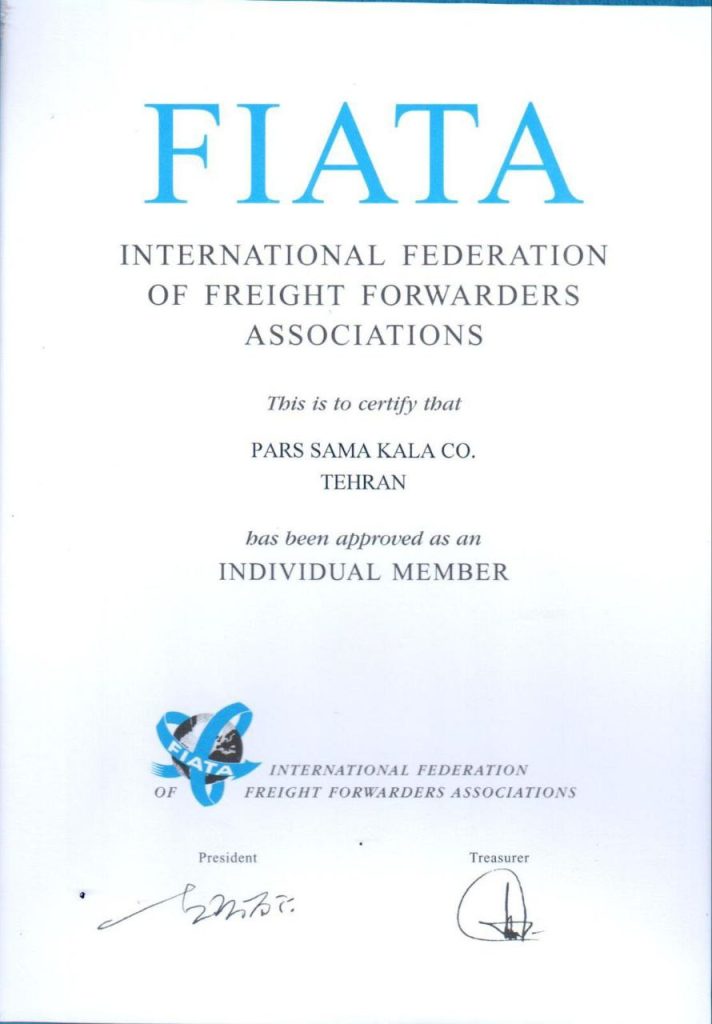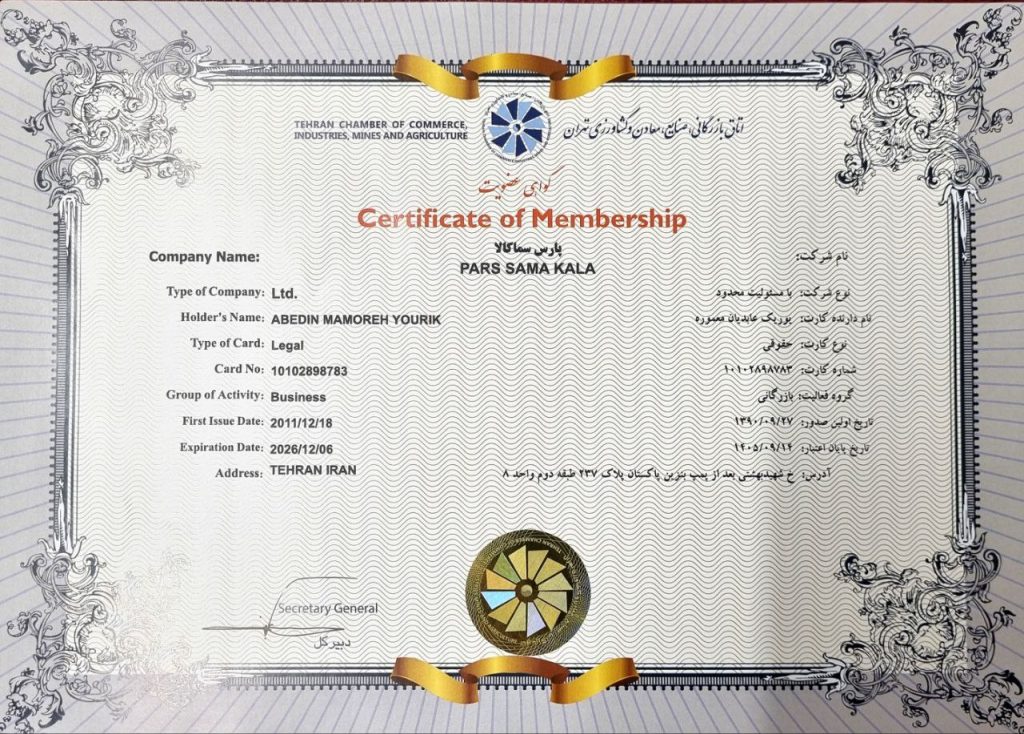Shipping goods from Dubai to Iran is one of the most common and in-demand trade routes in the Persian Gulf region. Due to geographic proximity, extensive commercial relations, and the presence of diverse markets in Dubai, many merchants and businesses use this route to source their goods. But how is this process carried out, and what steps does it involve?
1. Choosing the Mode of Transportation
Depending on the type of goods, required time, and cost, there are three main methods for shipping goods from Dubai to Iran:
- Sea Freight: The most common and cost-effective method, especially for bulky or containerized goods. It is usually carried out from Jebel Ali Port to Bandar Abbas or Bushehr Port.
- Air Freight: Faster but more expensive; suitable for light, sensitive, or high-value goods. Flights operate from Dubai Airport to Tehran and other major cities in Iran.
- Land Transport: Less common but feasible in specific cases, especially for combined shipments or particular routes through neighboring countries.
2. Choosing the Right Shipping Company
The most important part of this process is choosing a reliable and experienced company in international shipping—companies that offer services such as:
- Customs Clearance from UAE
- Container or Cargo Space Booking
- Domestic Transport to the Final Destination in Iran
- Tracking the Cargo Status Throughout the Entire Route
…provide, they can make the shipping process easier and faster for you.
3. Customs Procedures
Goods require a customs declaration and export permit before leaving Dubai. Upon arrival in Iran, customs clearance at the destination port is carried out by submitting the necessary documents (invoice, packing list, bill of lading, etc.). Familiarity with Iran’s import regulations, especially regarding taxes, standards, and prohibitions, is essential.
4. Transit Time
- Sea Freight: Between 3 to 10 days
- Air Freight: Between 1 to 3 days
- Land Transport: Variable, between 5 to 12 days
5. Shipping Cost
Factors Affecting Shipping Costs Include:
- Volume and Weight of Goods
- Type of Packaging
- Mode of Transport (Air, Sea, Land)
- Customs and Taxation Costs
Summary

Shipping goods from Dubai to Iran with proper planning and cooperation with professional companies can be fast, safe, and cost-effective. If you are looking to import goods from Dubai, consulting specialized companies like Pars Sama Kala can make the process much easier and more reliable for you.
❓ How long does shipping goods from Dubai to Iran take?

✅ Depending on the shipping method:
Land Transport: Between 5 to 12 days (depending on the route and border conditions)
Sea Freight: Approximately 5 to 10 days
Air Freight: 1 to 3 days
❓ Which shipping method is more suitable for low-cost goods?

✅ Sea freight is usually the most cost-effective method for bulky and low-cost goods.
❓ Do I need any special permits for importing from Dubai?
✅ Yes, certain goods require import permits, standards certification, or health licenses. It is advisable to consult the shipping company before placing your order.
❓ How is the shipping cost from Dubai to Iran calculated?
✅ Depending on volume, weight, type of goods, and shipping method. The cost includes freight, customs duties, taxes, and insurance (if needed).
❓ From which ports in Iran can the cargo be received?
✅ Sea shipments are usually handled through Bandar Abbas, Bushehr, and sometimes Imam Khomeini Port. For air freight, Imam Khomeini Airport (Tehran) is the most common option.
❓ Is it possible to receive the goods delivered to the warehouse or store door in Iran?
✅ Yes, if you choose the “door-to-door” shipping service, the goods will be delivered directly to the final destination in Iran.
❓ What do you recommend for shipping small cargo or sample goods?
✅ Air freight is the fastest option. For small volumes, cargo is sent as “less-than-container load” (LCL) or groupage, which reduces costs.
❓ Are there any restrictions on shipping goods from Dubai to Iran?
✅ Yes, some goods such as certain electronics, medicines, food items, and military parts require special permits or are completely prohibited.




